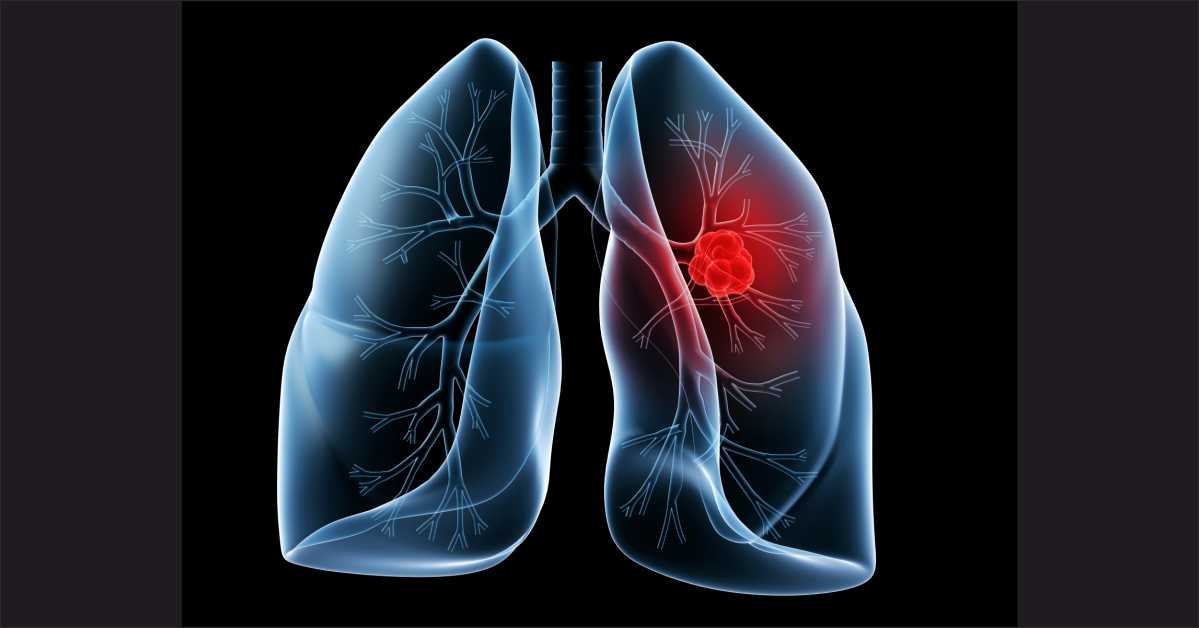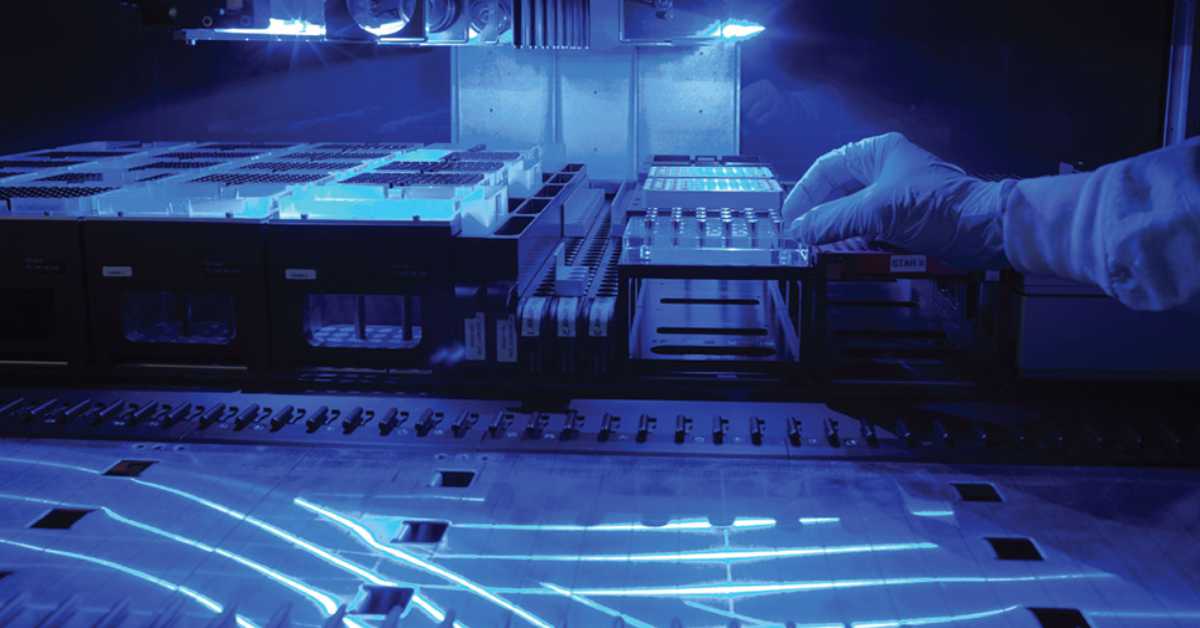Use of new Liquid Biopsy blood test to improve breast cancer diagnostics
Translational Genomics Research Institute (TGen), Mayo Clinic in Arizona, The Cancer Research UK, and Biodesign Institute at Arizona State University contributed to a study that suggests that the test called TARDIS, Targeted Digital Sequencing, is as much as 100 times more sensitive than other...
Translational Genomics Research Institute (TGen), Mayo Clinic in Arizona, The Cancer Research UK, and Biodesign Institute at Arizona State University contributed to a study that suggests that the test called TARDIS, Targeted Digital Sequencing, is as much as 100 times more sensitive than other...
Researchers at Moffitt have identified subtypes of Squamous Cell Lung Cancer
Among the cancer-related death happening in the United States, squamous cell lung cancer (SCC) is one of the common types. Researchers in Moffitt Cancer Center’s Lung Cancer Center of Excellence took a closer look at SCC tumors to determine if their characteristics had an impact on patient...
Among the cancer-related death happening in the United States, squamous cell lung cancer (SCC) is one of the common types. Researchers in Moffitt Cancer Center’s Lung Cancer Center of Excellence took a closer look at SCC tumors to determine if their characteristics had an impact on patient...
Researchers at Carnegie Mellon University solve hard problem of 3D bio-printing soft tissue
A researcher’s team from Carnegie Mellon University (CMU) has published a paper in Science that details a new technique allowing anyone to 3D bioprint tissue scaffolds out of collagen, the major structural protein in the human body.
The Freedom reversible Embedding of Suspended Hydrogels...
A researcher’s team from Carnegie Mellon University (CMU) has published a paper in Science that details a new technique allowing anyone to 3D bioprint tissue scaffolds out of collagen, the major structural protein in the human body.
The Freedom reversible Embedding of Suspended Hydrogels...
Discovery of distinct lung cancer prognosis may lead to more targeted treatments
National Cancer Institute stated that lung adenocarcinoma, the most common type of lung cancer is known for its poor prognosis. The researchers at Mayo Clinic of Florida campus can now distinguish between two pathways where this deadly cancer can develop. As per the experts, the findings appear in...
National Cancer Institute stated that lung adenocarcinoma, the most common type of lung cancer is known for its poor prognosis. The researchers at Mayo Clinic of Florida campus can now distinguish between two pathways where this deadly cancer can develop. As per the experts, the findings appear in...
Guardant360 is found to be highly concordant to tissue in the recent studies
Researchers have demonstrated recently that the Guardian360 assay can accurately detect MSI, an important biomarker used to predict response to immunotherapy regardless of tumor type.
For patients with advanced cancer, MSI is a good predictor of response to immunotherapy with PD-1 and PD-L1...
Researchers have demonstrated recently that the Guardian360 assay can accurately detect MSI, an important biomarker used to predict response to immunotherapy regardless of tumor type.
For patients with advanced cancer, MSI is a good predictor of response to immunotherapy with PD-1 and PD-L1...
Potential markets of lung cancer identified in paired blood and tissue samples
Investigators at Massachusetts General Hospital (MGH) have examined blood samples along with tumor tissues of the patients suffering from non-small-cell lung cancer and have identified markers that can distinguish between major subtypes of lung cancer and can accurately identify the stage of the...
Investigators at Massachusetts General Hospital (MGH) have examined blood samples along with tumor tissues of the patients suffering from non-small-cell lung cancer and have identified markers that can distinguish between major subtypes of lung cancer and can accurately identify the stage of the...
Microfluidics device helps diagnose sepsis in minutes
In a paper being presented this week at the Engineering in Medicine and Biology Conference, MIT researchers describe a microfluidics-based system that automatically detects clinically significant levels of IL-6 for sepsis diagnosis in about 25 minutes, using less than a finger prick of blood.
In...
In a paper being presented this week at the Engineering in Medicine and Biology Conference, MIT researchers describe a microfluidics-based system that automatically detects clinically significant levels of IL-6 for sepsis diagnosis in about 25 minutes, using less than a finger prick of blood.
In...
Salk scientists unlocking therapies for hard-to-treat non-small-cell lung cancers
The vast majority of the non-small-cell lung cancer or NSCLC patients are known to have no treatment options except for chemotherapy. But a recent Salk Institute study, published on July 24, 2019, in the journal Science Advances, shows that researchers could target these hard-to-treat cancers by...
The vast majority of the non-small-cell lung cancer or NSCLC patients are known to have no treatment options except for chemotherapy. But a recent Salk Institute study, published on July 24, 2019, in the journal Science Advances, shows that researchers could target these hard-to-treat cancers by...







